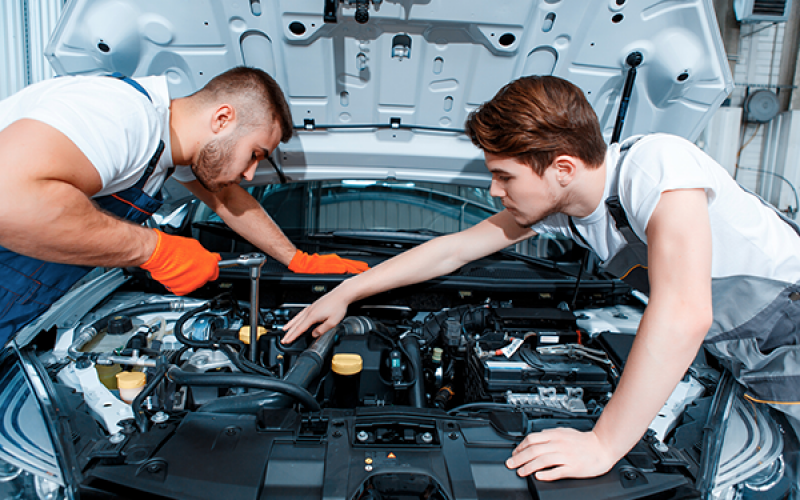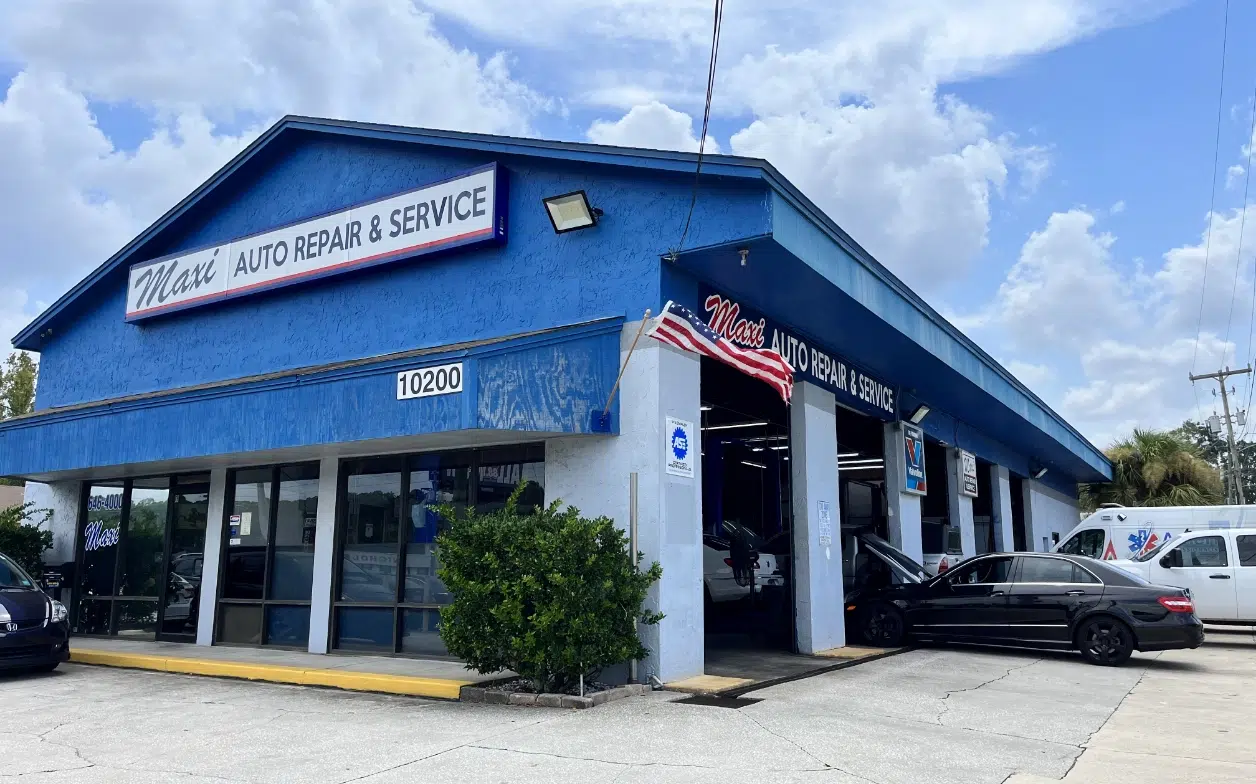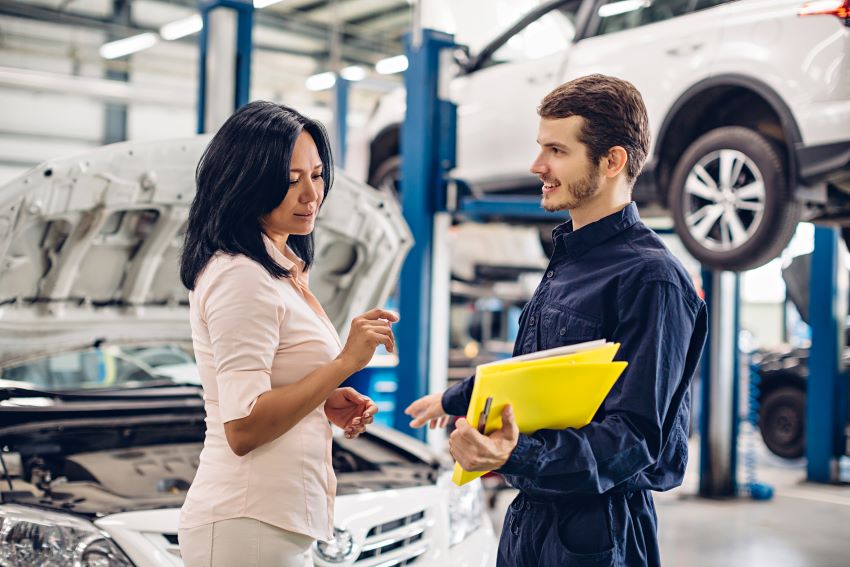Featured

[/image]

When it comes to lorry upkeep, the brakes are arguably the most crucial system for guaranteeing your safety and security. Your brakes have to operate ideally to avoid mishaps and react swiftly in emergencies. Routine brake assessments are important to keeping your braking system in leading problem. Comprehending when and exactly how to inspect your brakes can conserve you from dangerous circumstances and costly repairs in the future. Below's a guide to assist you remain on top of brake assessments.
- Why Brake Inspections Are Crucial. Brakes are designed to wear down in time, but without regular inspections, you might not see when they become much less reliable. A defective brake system can bring about significant mishaps, increased repair prices, and even the need to change other lorry elements.
Brake evaluations not only aid you capture potential concerns prior to they rise, however they also permit much better braking efficiency, raised car life-span, and boosted security.
- Identifying Warning Signs for Brake Issues. While regular inspections are essential, you do not need to wait till your automobile's following browse through to the auto mechanic. Look for these caution signs that might suggest it's time for an evaluation:
Unusual Noises: A shrill squeal or grinding audio when applying the brakes typically signals that the brake pads are used down or damaged. Soft or Squishy Brake Pedal: If the brake pedal really feels soft or spongy when pushed, there might be air or wetness in the brake lines, or the brake liquid may be low. Pulling away: If the lorry pulls away while stopping, it might indicate uneven brake pad wear or a hydraulic issue in the brake system. Vibration in the Steering Wheel or Pedal: If you experience resonance or pulsation when stopping, it might suggest warped blades or irregular brake pad wear. Raised Quiting Distance: If it takes longer than typical to bring your car to a stop, it may be time to examine the brake pads, fluid levels, or rotors. If you discover any of these indicators, it's ideal to have your brakes checked immediately by an expert.
- Key Components Checked During a Brake Inspection. Throughout a brake evaluation, a licensed technician will certainly check out numerous essential elements of the brake system to guarantee they're functioning appropriately. A few of the most integral parts to evaluate consist of:
Brake Pads: These are the rubbing material that presses versus the brake rotor to decrease the automobile. Gradually, the brake pads use down and require replacing. Brake Rotors: Blades are the steel discs that the brake pads secure down on. They should be smooth and devoid of deep grooves or splits. Brake Liquid: The brake fluid transfers the force from the pedal to the brakes. Reduced fluid degrees or old, polluted liquid can cause poor braking efficiency. Brake Lines: Brake lines carry fluid from the master cylinder to the brake elements. They must be examined for leakages, splits, or damage. Brake Calipers: These clamp the brake pads onto the blades. They should remain in excellent functioning order and cost-free of leaks. Regularly inspecting these parts guarantees your stopping system operates smoothly and assists you prevent unsafe driving scenarios.
- How Typically Should You Obtain Your Brakes Evaluated? The frequency of brake examinations depends upon your driving practices and the kind of lorry you possess. As a basic guideline, it's suggested to examine your brakes at the very least annually or every 12,000 miles. Nevertheless, if you drive in rush hour, frequently lug hefty tons, or drive on hilly surface, even more regular assessments may be required.
It's likewise a good concept to have your brakes evaluated if you observe any one of the indication discussed earlier, as this can protect against more severe issues.
- The Expense of Disregarding Brake Inspections. Ignoring routine brake evaluations can lead to severe repercussions. Used brake pads, damaged blades, or low brake fluid can trigger your stopping system to fall short when you need it most. Along with the safety and security dangers, disregarding brake maintenance can cause expensive repairs later on.
As an example, if the brake pads are not changed in time, the damage can reach the rotors, bring about the need for blades replacement-- a costly repair. By organizing normal brake inspections, you can avoid these pricey fixings and maintain your braking system in excellent problem for longer.

- What Occurs During a Brake Assessment? A specialist auto mechanic will do a detailed examination of your vehicle's braking system, consisting of looking for the following:
Brake Pad Thickness: Brake pads require to be changed when they have actually used down to a particular density. Rotor Problem: The technician will certainly check the rotors for indications of wear, warping, or scoring. Brake Liquid Degree: Reduced brake liquid can influence stopping performance. The mechanic will certainly inspect the fluid level and replenish it if essential. Brake Line Honesty: The brake lines will be evaluated for any leakages or fractures that could endanger the brake system. Once the inspection is complete, the auto mechanic will educate you of any required repairs or replacements.
Final Thought: Keep Safe with Routine Brake Inspections. Your brakes are necessary to keeping you and your travelers safe when driving, so normal brake inspections ought to never be neglected. By taking notice of indication, scheduling routine brake checks, and resolving problems immediately, you can make sure that your brakes are constantly in leading form.
Don't wait until your brakes fall short-- remain proactive concerning brake upkeep. A tiny investment in brake assessments today can conserve you from expensive repairs and harmful scenarios in the future.
Latest Posts
Find Cost-Effective Auto Repairs with Montclare’s Monthly Service Specials
Discover Top Car Repair Solutions from Montclare Auto Repair – Expert Care for Your Vehicle
Find the Greatest Auto Repair Discounts in Montclare, Chicago
More
Latest Posts
Find Cost-Effective Auto Repairs with Montclare’s Monthly Service Specials
Discover Top Car Repair Solutions from Montclare Auto Repair – Expert Care for Your Vehicle
Find the Greatest Auto Repair Discounts in Montclare, Chicago